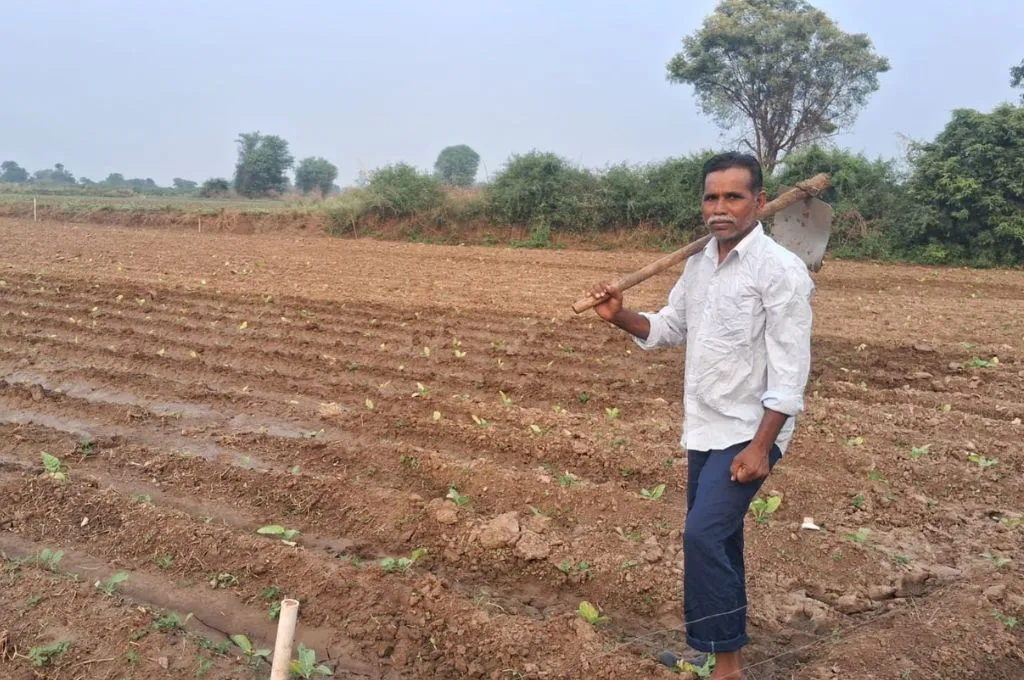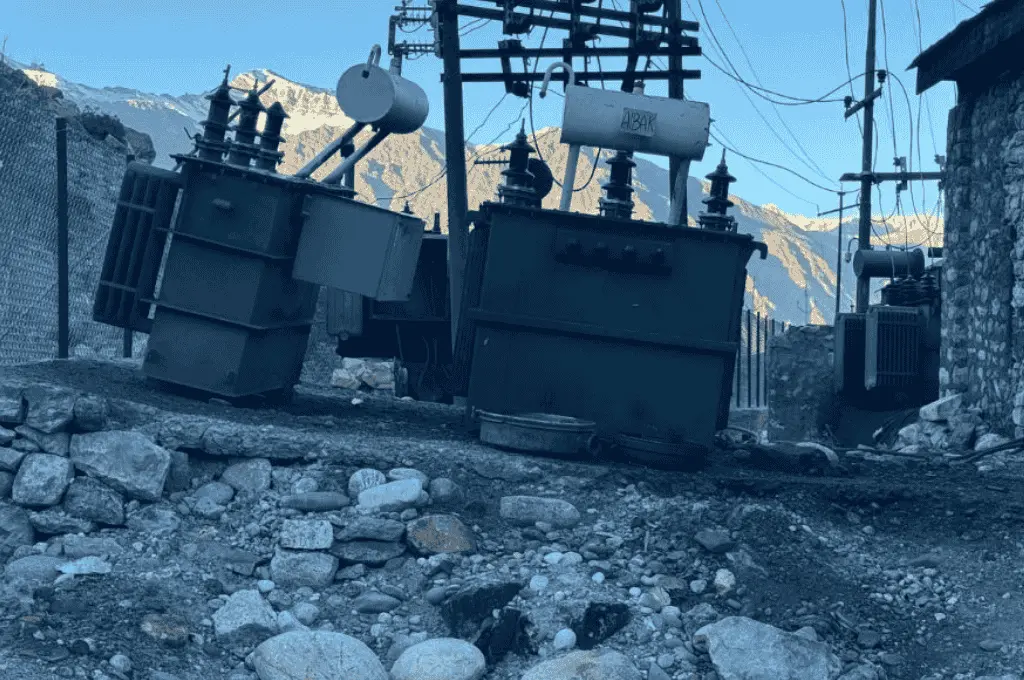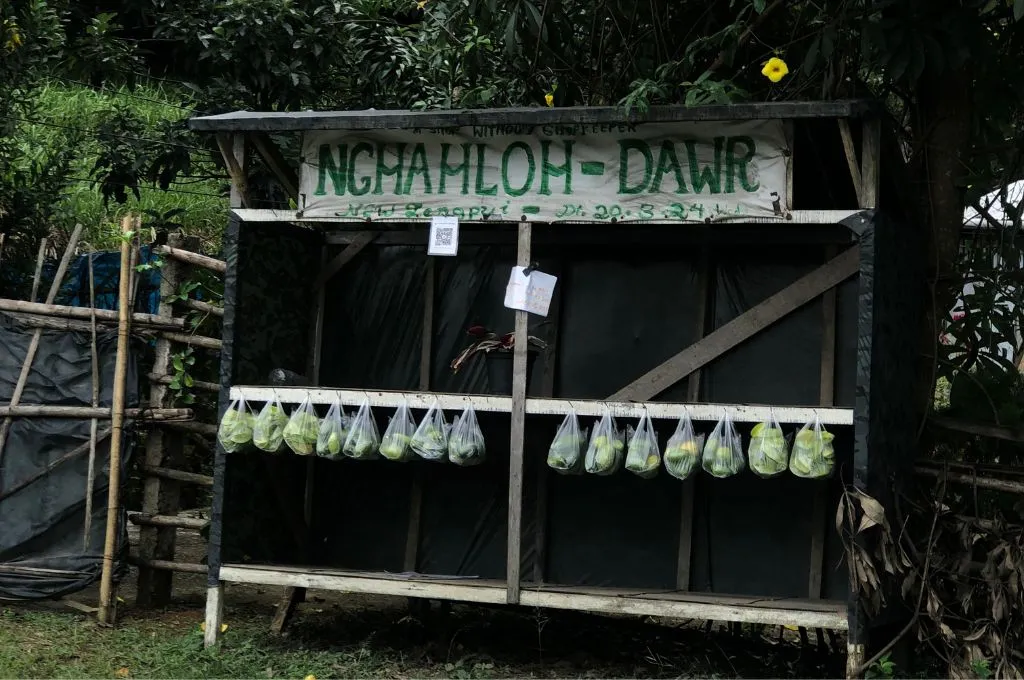Trust, not fear: COVID-19 vaccine is the price to pay for ration
Movni Bai recently got her second dose of the COVID-19 vaccine, but not willingly. She explains that she took the vaccine out of fear of being denied ration by the Public Distribution System (PDS) and work under the Mahatma Gandhi National Rural Employment Guarantee Act (MGNREGA). This is despite the fact that both these rights are guaranteed to her by the Indian Constitution.
Movni Bai is not alone in being unable to pinpoint the source of the confusion. The auxiliary nurse midwife (ANM) at one of the primary healthcare centres in Gogunda block, Udaipur, shared that many people had come in for vaccination because they were afraid of not getting work or of their ration supply being stopped if they didn’t take the vaccine. We found that most people in the area were unaware of COVID-19 related news and information issued by the government, and primarily relied on WhatsApp forwards, local government officials, and nonprofits for this information. Some of these officials have been using the discontinuation of social security benefits as a way to promote vaccination. For example, in one of the villages, a panchayat official said that he will get the whole village vaccinated and deny ration and MGNREGA work to those who refuse.
However, such ‘incentives’ to tackle vaccine hesitancy during vaccination camps and awareness drives are actually threats. They force compliance by threatening to take away the right to food, livelihood, and other government schemes if people refuse to get vaccinated. Doing this makes people distrust the system, making them less likely to access existing benefits, and pushing them to look for alternatives such as private quacks. Ultimately, this shifts the responsibility of social welfare away from the government and on to already marginalised communities.
Local nonprofits in the region have opposed such orders and are working with local communities to raise awareness about their right to access entitlements and benefits. The staff have been collaborating with panchayats to spread information about the importance of getting vaccinated and encouraging communities to do so. They have been working in seven panchayats in Gogunda block, where they have created a list of all the people they have been able to convince to take the vaccine. Through their work on the ground, they have realised that effective communication is built around trust, not fear.
Shifa Zoya is a Field Fellow at Aajeevika Bureau, working on migrant labour issues.
—
Know more: Read about how rebuilding trust in the public healthcare system can help combat vaccine hesitancy in rural areas.
Do more: Connect with a team member from Aajeevika Bureau at saloni.mundra@aajeevika.org to learn more about their work.



